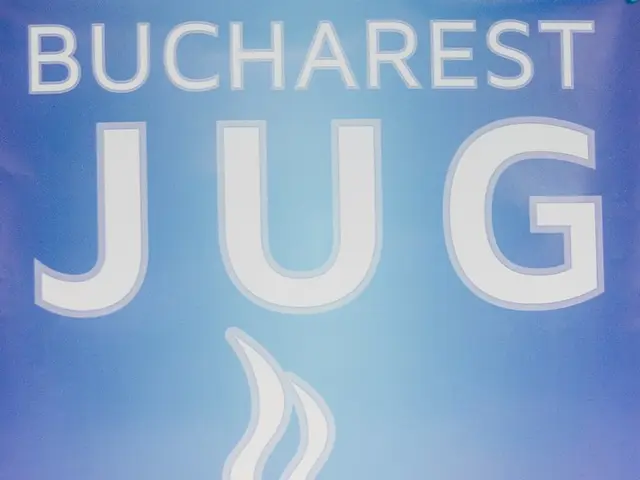Scammers Alert: Deceitful Individuals Peddling Tax Deductions to Russians
In a recent development, the Russian Ministry of Internal Affairs' Cybercrime Department has reported a surge in tax refund scams. These scams trick victims into revealing authorization codes, putting their financial security at risk.
The scammers typically impersonate tax officials or fraud prevention departments, creating a sense of urgency to manipulate victims into disclosing one-time passwords (OTPs) or authorization codes sent via SMS. They may falsely claim that the victim is eligible for a tax refund but needs to verify their identity by providing a code or paying a fee, often in cryptocurrency, to claim the refund.
To avoid falling for these schemes, individuals are advised to take the following precautions:
- Never share authorization codes, OTPs, full Social Security numbers, or PINs with unsolicited callers or messages claiming to be from tax authorities or fraud prevention teams.
- Do not respond "No Fraud" to fraud alert messages unless you have personally verified the transactions.
- Use only official government websites or trusted apps (e.g., the Russian Federal Tax Service’s official portal) to check tax refund statuses; avoid clicking on links or downloading apps from unknown sources.
- Be skeptical of demands for payment in cryptocurrency or upfront fees to receive refunds, as legitimate tax authorities do not require this.
- Verify any suspicious calls or messages directly through official tax or financial institutions’ contact numbers, not those provided by the caller.
- Keep software, including security programs and browsers, updated to protect against phishing attacks involving cloned or malicious websites.
The reported tax refund amount is 14,000 rubles for education. However, it is essential to note that the official Federal Tax Service of Russia (FNS) website is the primary source for accurate information about tax refunds. In-person inquiries about tax refunds can be made at the Multifunctional Civil Service Centers (MFC).
The MVD also advises against sharing SMS codes with anyone, especially in response to unsolicited calls or messages. They emphasize that the FNS or social services will not contact individuals about tax refunds via phone calls.
According to the ministry, people aged 25-35 are most likely to fall for these tax refund scams. Therefore, it is crucial for this demographic to be particularly vigilant against scams that involve calls from names of law enforcement agencies.
By remaining cautious of unsolicited communications and confirming information only through official channels, individuals can significantly reduce their risk of falling victim to tax refund-related scams in Russia.
- In the event of a supposed tax refund offer, be wary of providing authorization codes or one-time passwords (OTPs) to individuals or entities that claim to be tax authorities or fraud prevention teams, as doing so may jeopardize your financial security.
- To stay financially secure, refrain from sharing SMS codes with anyone, especially in response to unsolicited calls or messages, as these might be part of a scam designed to steal your personal information.




